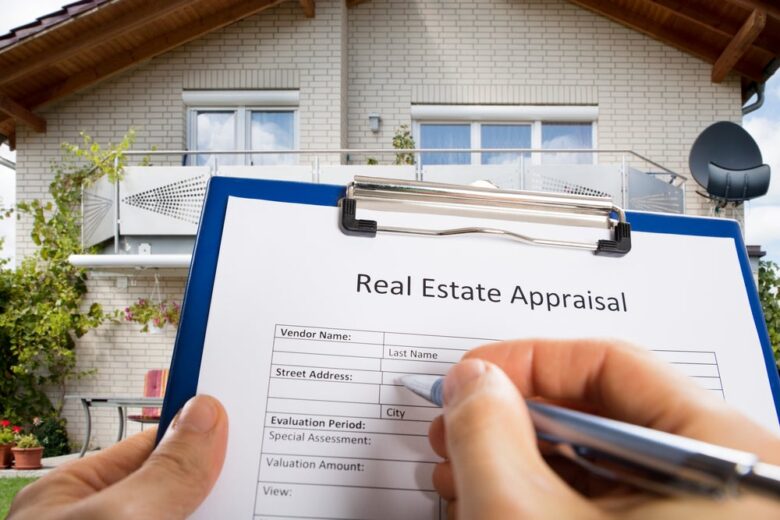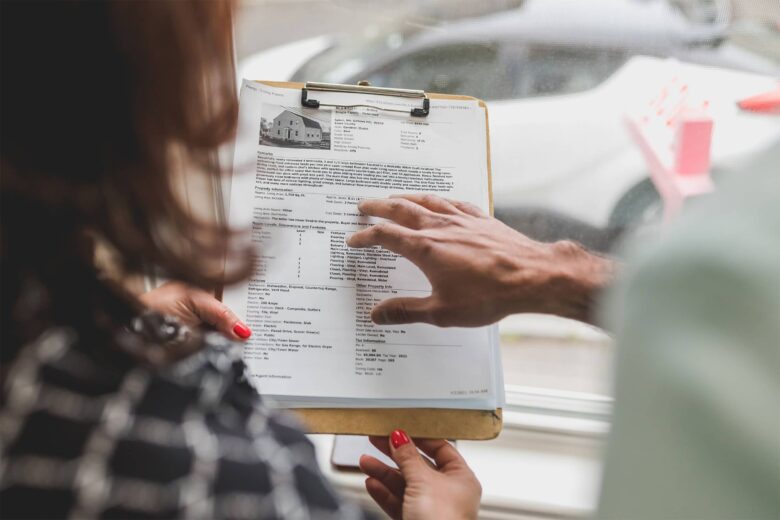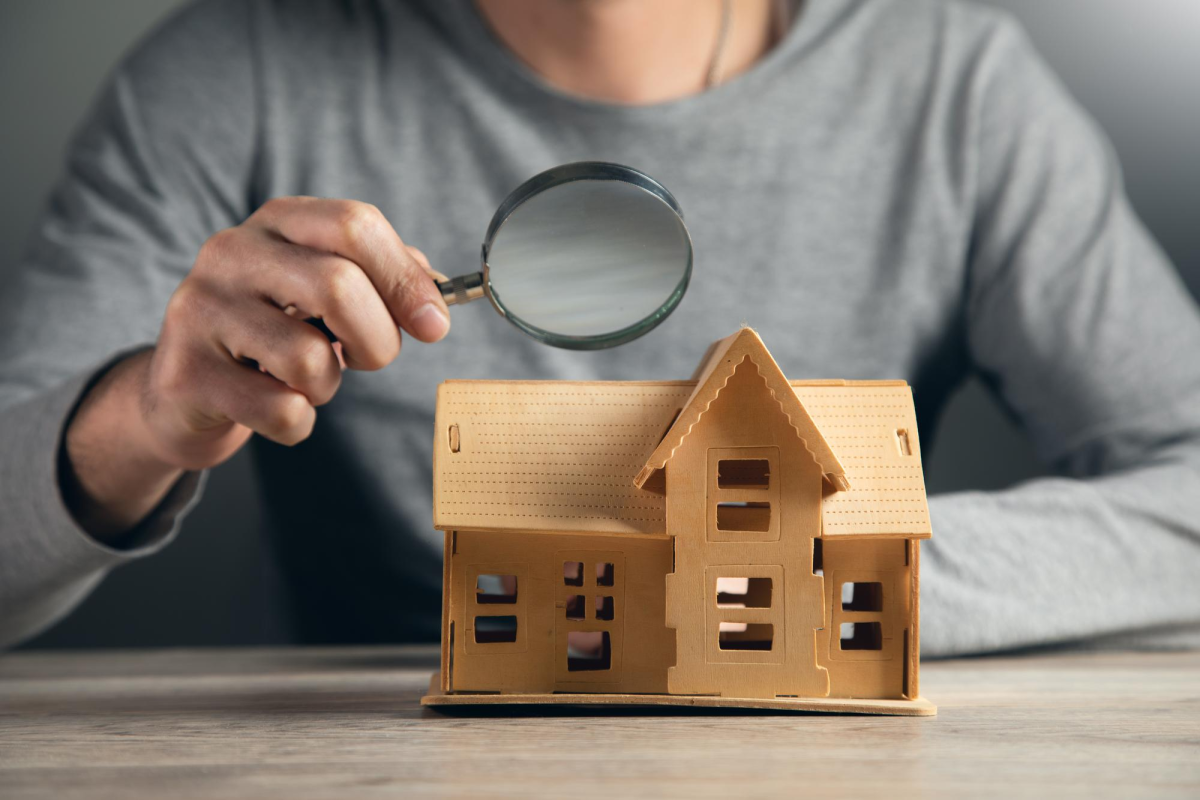The future of licensing for appraisals is set up for revolutionary changes in the constantly changing real estate industry. Professionals in the sector are presented with the intriguing task of foreseeing trends and forecasts as technology, laws, and market dynamics continue to transform the industry. This thorough investigation digs into important developments that are anticipated to change the real estate appraisal license environment in the upcoming years.
If you are interested and want to learn more about what awaits in the future of real estate appraisal licensing, we recommend that you sit tight and read on.
Contents
- Evolving Landscape: Exploring the Shifting Paradigm of Real Estate Appraisal Licensing
- Digital Transformation: How Technology is Reshaping Real Estate Appraisal Licensing
- Predictive Analytics: Harnessing Data for Future Real Estate Appraisal Licensing Requirements
- Licensing Innovations: Anticipating Changes and Advancements in Real Estate Appraisal Credentials
- Blockchain and Trust: The Role of Distributed Ledger Technology in Enhancing Appraisal Licensing
- Remote Appraisals: Navigating the Rise of Virtual Assessments in Real Estate Licensing
- Automation’s Impact: Examining the Potential Disruption and Enhancement of Appraisal Licensing
- Global Perspectives: Trends in Real Estate Appraisal Licensing Across Different Jurisdictions
- Educational Shifts: Adapting to New Learning Models for Future Appraisal Licensing Demands
- Regulatory Forecast: Predicting Regulatory Changes and Their Influence on Real Estate Appraisal Licensing
- Conclusion
Evolving Landscape: Exploring the Shifting Paradigm of Real Estate Appraisal Licensing
A paradigm change is taking place in the established routes for obtaining a real estate appraisal license. As the sector is reshaped by technology developments and shifting market factors, both prospective appraisers and seasoned experts encounter a new environment. Today’s licensing procedure includes a variety of online courses, virtual seminars, and interactive simulations in addition to traditional classroom-based instruction. Adopting this changing environment calls for a proactive strategy that includes keeping up with the newest laws, investigating cutting-edge learning techniques, and developing digital competency. By embracing this evolving paradigm, appraisers put themselves in a position to succeed in a dynamic field where flexibility and forward thinking are essential to get an appraisal license.

Source: mckissock.com
Digital Transformation: How Technology is Reshaping Real Estate Appraisal Licensing
How professionals get and maintain their real estate appraisal licenses is being redefined by the digital revolution. Online learning environments give a variety of courses that are convenient and flexible, allowing appraisers to study at their own speed. Beyond schooling, digital portfolios are quickly replacing paper-based credentials displays and expediting verification procedures. Additionally, the method that property evaluations are carried out is changing thanks to virtual assessments, which are supported by technology like virtual reality and remote sensing. By embracing these technological advancements, appraisers can stay competitive and have the knowledge and resources they need to succeed in a licensing environment where technology is a powerful force.
Predictive Analytics: Harnessing Data for Future Real Estate Appraisal Licensing Requirements
Predictive analytics becomes a compass in the field of real estate appraisal licensing. Professionals get insights that highlight the road toward future licensing requirements by evaluating massive data sets spanning property valuations, market trends, and regulatory adjustments. With these facts at their disposal, appraisers may proactively modify their credentials and put themselves ahead of the curve. Appraisers can take advantage of the chance to gain specialized knowledge if predictive analytics forecast an impending rise in demand for specialist assessments. By strategically utilizing data, appraisers are equipped to handle changing licensing requirements with accuracy, converting uncertainty into chances for improvement and mastery.

Source: bobvila.com
Licensing Innovations: Anticipating Changes and Advancements in Real Estate Appraisal Credentials
The processes for obtaining and upgrading appraisal licenses change along with the real estate sector. The licensing landscape is changing, giving appraisers new opportunities to showcase their competence. These developments, which range from competency-based exams that emphasize practical abilities to micro-credentials created for specific niche markets, indicate a more flexible and adaptive approach to licensing. Appraisers may foresee changes in the market and put themselves at the forefront of new trends by embracing these developments. Appraisers are better equipped to adapt and succeed in a licensing environment that is always changing when they have an agile mentality and actively pursue novel qualifications.
Blockchain and Trust: The Role of Distributed Ledger Technology in Enhancing Appraisal Licensing
The field of real estate appraisals is undergoing change thanks to blockchain technology, which is renowned for its security and transparency. Blockchain offers a mechanism to increase stakeholder confidence and speed up verification procedures by producing tamper-proof records of licenses and certifications. Investigating the use of blockchain in licensing procedures might provide a safer and more effective environment.

Source: connects.world
A long time ago, the idea of valuing real estate remotely was nothing more than an unachievable dream. But because of developments in virtual reality and remote sensing technology, remote evaluations are on the increase. For appraisers looking to maintain their competitive edge in the licensing environment, navigating the difficulties and possibilities afforded by virtual assessments is becoming increasingly important.
Automation’s Impact: Examining the Potential Disruption and Enhancement of Appraisal Licensing
Automation has the potential to improve and disrupt a number of real estate appraisal licensing issues. Routine activities could be automated, but appraisers should concentrate on honing human-specific abilities like sophisticated problem-solving and critical thinking. In order to get future appraisal licensing, it is essential to comprehend the complex interaction between automation and human competence.
Global Perspectives: Trends in Real Estate Appraisal Licensing Across Different Jurisdictions
Since real estate evaluation is a worldwide enterprise, different jurisdictions have quite different licensing standards. Understanding global trends in licensing, reciprocity agreements, and cross-border qualifications is crucial for appraisers looking to expand their horizons as the globe becomes more linked.

Source: thestorckteam.com
Educational Shifts: Adapting to New Learning Models for Future Appraisal Licensing Demands
Real estate appraisal license programs are no exception to the changing nature of education. The future of education is dynamic and diversified, ranging from online courses and webinars to realistic simulations and hands-on learning. For appraisers attempting to satisfy the changing requirements of licensing, adapting to these new learning methods is crucial.
Regulatory Forecast: Predicting Regulatory Changes and Their Influence on Real Estate Appraisal Licensing
The foundation of the real estate appraisal industry is regulations, which shape criteria for licensing and moral behavior. A talent that can distinguish appraisers is the ability to anticipate regulatory changes and their possible effects on licensing. Professionals may successfully navigate the future of real estate appraisal licensure by becoming aware of changing legal and regulatory environments.

Source: mcnaircustomhomes.com
Conclusion
The future of real estate appraisal licensing is a landscape of promise and struggle in a world where change is relentless. Professionals must be proactive in adjusting to changing trends, from leveraging the power of technology to embracing cutting-edge licensing methods. Real estate appraisers should position themselves for success in the dynamic and promising field of appraisal licensing by remaining updated, developing new abilities, and encouraging an attitude of continual improvement.
